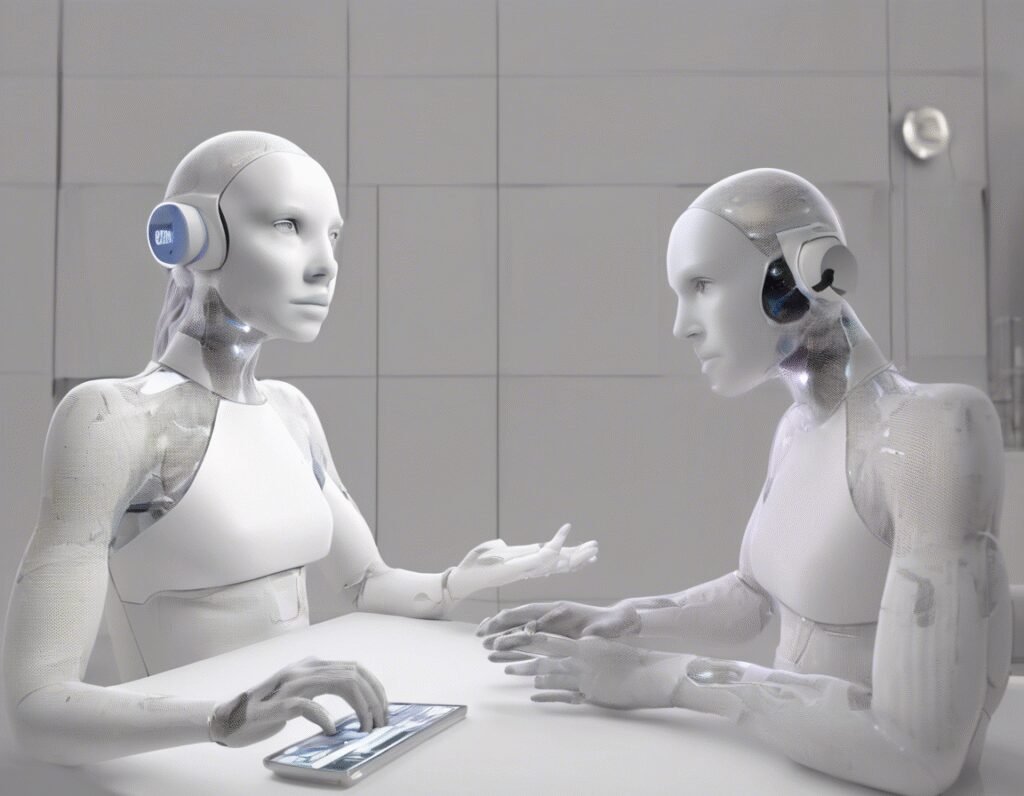OpenAI Reverses GPT-5 Decision After User Backlash
Earlier this month, OpenAI CEO Sam Altman made a surprising announcement: the company would bring back its GPT-4o model, just over a day after declaring that the new GPT-5 would replace all previous versions. The decision came after a wave of frustration from users who were unhappy with GPT-5’s abrupt tone and shorter responses. Many had grown attached to GPT-4o’s more conversational and accommodating style, and the sudden shift left them disappointed.
The backlash was swift and intense. OpenAI, known for its rapid advancements in AI technology, found itself caught off guard by the emotional reaction from its user base. Paying subscribers, in particular, voiced their displeasure, leading the company to backtrack on its initial plan. In addition to reinstating GPT-4o, OpenAI later tweeted that it would adjust GPT-5’s behavior to better align with user expectations.
The incident highlights how deeply users connect with AI personalities. GPT-4o’s more agreeable and detailed responses had fostered a sense of familiarity, while GPT-5’s directness felt jarring by comparison. OpenAI’s quick reversal underscores the challenges of balancing innovation with user preferences, especially as AI becomes more integrated into daily life.
For now, OpenAI is walking a fine line—pushing forward with new technology while ensuring its existing users don’t feel left behind. The situation serves as a reminder that even cutting-edge AI companies must listen to their audience, or risk alienating them entirely.

